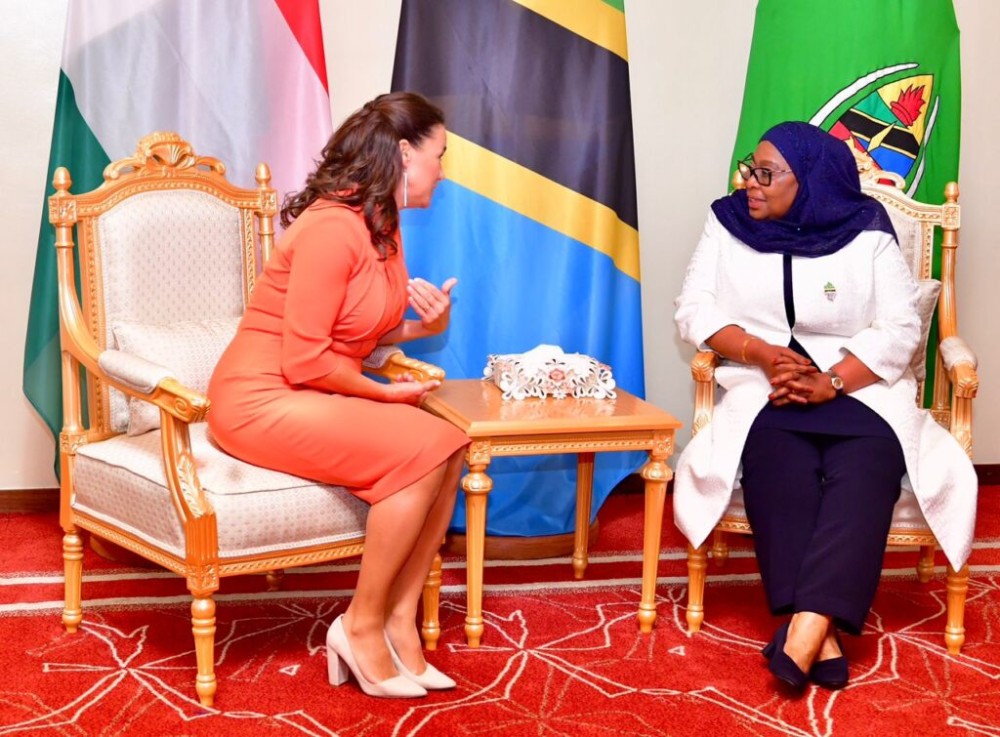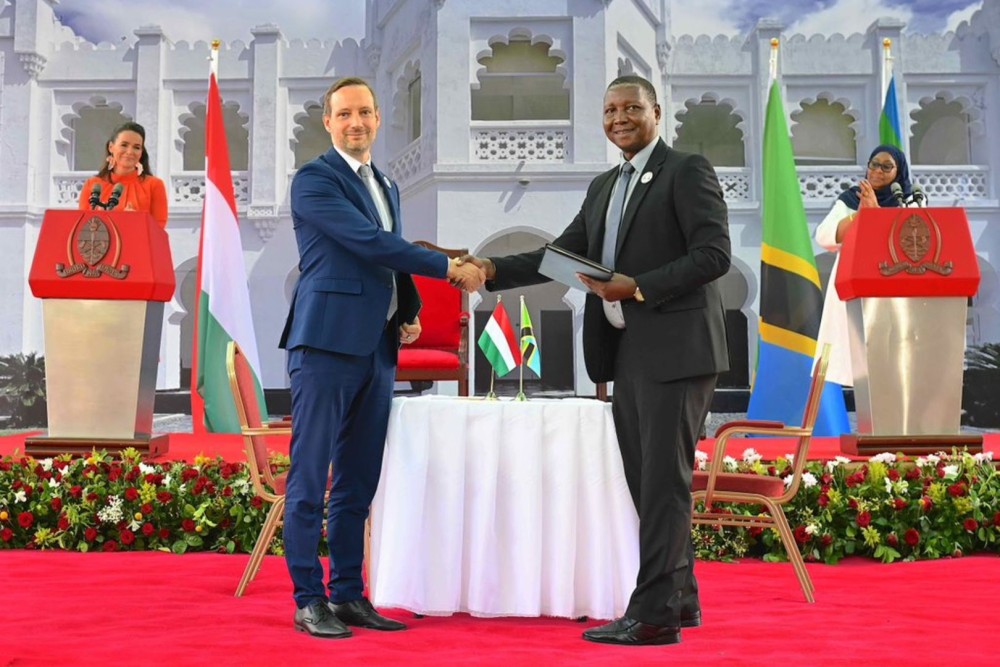The relationship between Tanzania and Hungary has evolved over the years, encompassing political and economic cooperation. As the official visit to Tanzania of the Hungarian President, Katalin Novák, is set to embark in July 2023, this article aims to explore the history of these bilateral relations, analyze their impact on both countries and discuss the potential for this relationship to influence economic development and international relations. By examining historical results, we can gain insights into the significance and potential of Tanzanian-Hungarian relations.
Historical Perspective: The Evolution of Tanzanian-Hungarian Relations
Political Cooperation: Tanzania and Hungary established diplomatic relations in 1964, shortly after Tanzania gained independence. During the Cold War, Tanzania pursued a non-aligned foreign policy, fostering relationships with countries from various ideological backgrounds.
During the Cold War Tanzania reached out to the socialist world and developed close connections by the mid-1960s, Dar es Salaam had attracted the attention of the Cold War world. The book Revolutionary State-Making in Dar es Salaam African Liberation and the Global Cold War, 1961–1974, pp. 26 – 65 then demonstrates how a ‘Cold War political culture’ became inscribed into Dar es Salaam’s public sphere and concrete spaces, strengthening the relation of Tanzania and that of countries involved including Hungary.
Hungary and other Central and Eastern European countries played an important role during our anti-colonial struggles and our early years of nation-formation and state-building in developing African human capital, with many of our leaders and professionals passing through their universities.

Potential Areas of Impact
The Hungarian government is considering vetoing the European Union’s proposal to ban Russian oil imports while simultaneously exploring alternatives to reduce its dependence on Russian energy. Hungary heavily relies on Russian oil and gas, procuring 65% of its oil and 85% of its natural gas from Russia. The government’s increased dependence on Russian nuclear technology and fuel also poses a challenge, creating an opportunity for the Tanzanian government to cooperate with the Hungarian government for energy needs.
The Hungarian government is now evaluating options to diversify its energy sources, such as increasing liquefied natural gas supplies from Croatia and other counties, constructing interconnectors, and investing in renewable energy. Hungary’s energy strategy also includes focusing on solar energy and modernizing existing power plants to meet decarbonization goals.
South-South Cooperation:
The Tanzanian-Hungarian relationship has the potential to inspire and influence South-South cooperation. The success of the Tanzanian-Hungarian relationship showcases the potential for South-South cooperation to foster mutually beneficial outcomes. It highlights how countries from different regions can collaborate and leverage their strengths to address common challenges and promote economic growth. The experiences and lessons learned from this partnership can serve as a model for other countries in the Global South seeking to enhance their cooperation and forge meaningful relationships.
Regional Integration:
The relationship between Tanzania and Hungary can also contribute to regional integration efforts. As a member of the European Union, Hungary can provide support and expertise to Tanzania within the context of the EU’s relations with Africa. Collaborative initiatives can promote economic integration, trade, and investment, benefiting Tanzania and the wider East African region.
The historical relationship between Tanzania and Hungary, encompassing political and economic cooperation, has significantly impacted both countries. Economic and trade relations between Hungary and the countries of Africa have developed remarkably during the past few years.
The trade balance between Hungary and the countries of Sub-Saharan Africa improved by more than 17%, reaching 818 million EUR in 2012. In the field of development cooperation, Hungary has contributed 125 million EUR to the 10th European Development Fund, most of which is used in Sub-Saharan Africa.
Yet, there is still enormous potential to be exploited as Hungary and Africa generally have much more to offer each other in their cooperation. The specific impact of Tanzanian-Hungarian relations on other international relationships may vary. Still, the shared experiences and collaboration between the two countries can exemplify constructive engagement and cooperation between nations. This relationship has the potential to inspire similar partnerships and contribute to broader regional and global development goals.
The relations between Hungary and the countries of Sub-Saharan Africa show more room for improvement as the relationships between Hungary and sub-Saharan Africa were primarily based on the block politics of the Cold War. These ties broke up in the aftermath of the democratic transition in Hungary and the changes that took place on the continent of Africa and were only partially replaced by pragmatic economic relations.
Find more insightful Politics articles here.


[…] a palpable sense of excitement and camaraderie, Tanzania marks a historic moment in its diplomatic journey by unfurling the majestic banner of its brand-new embassy in Algiers, Algeria, on Thursday, 3rd […]